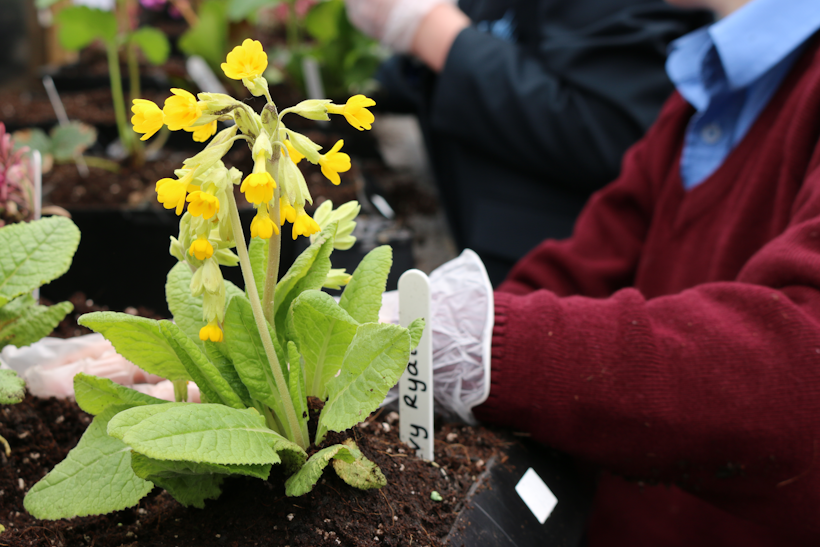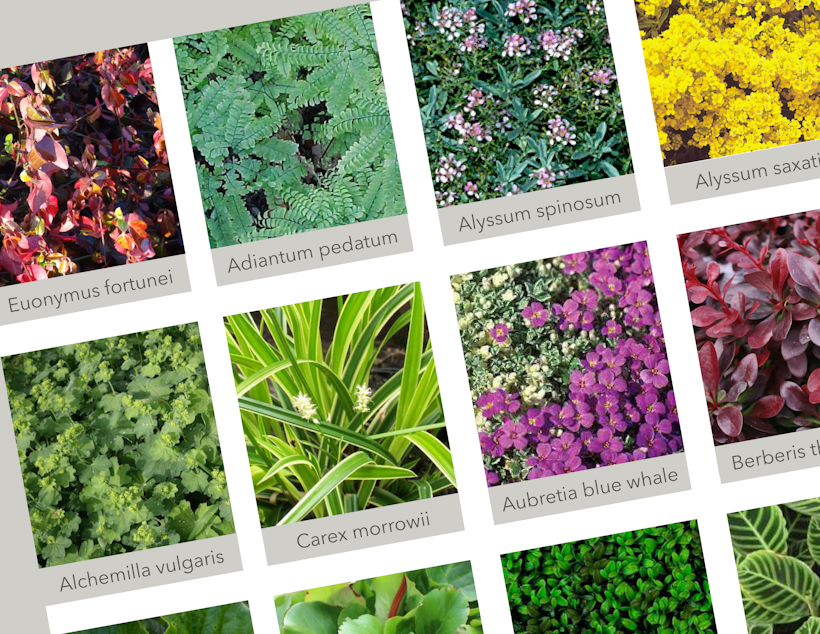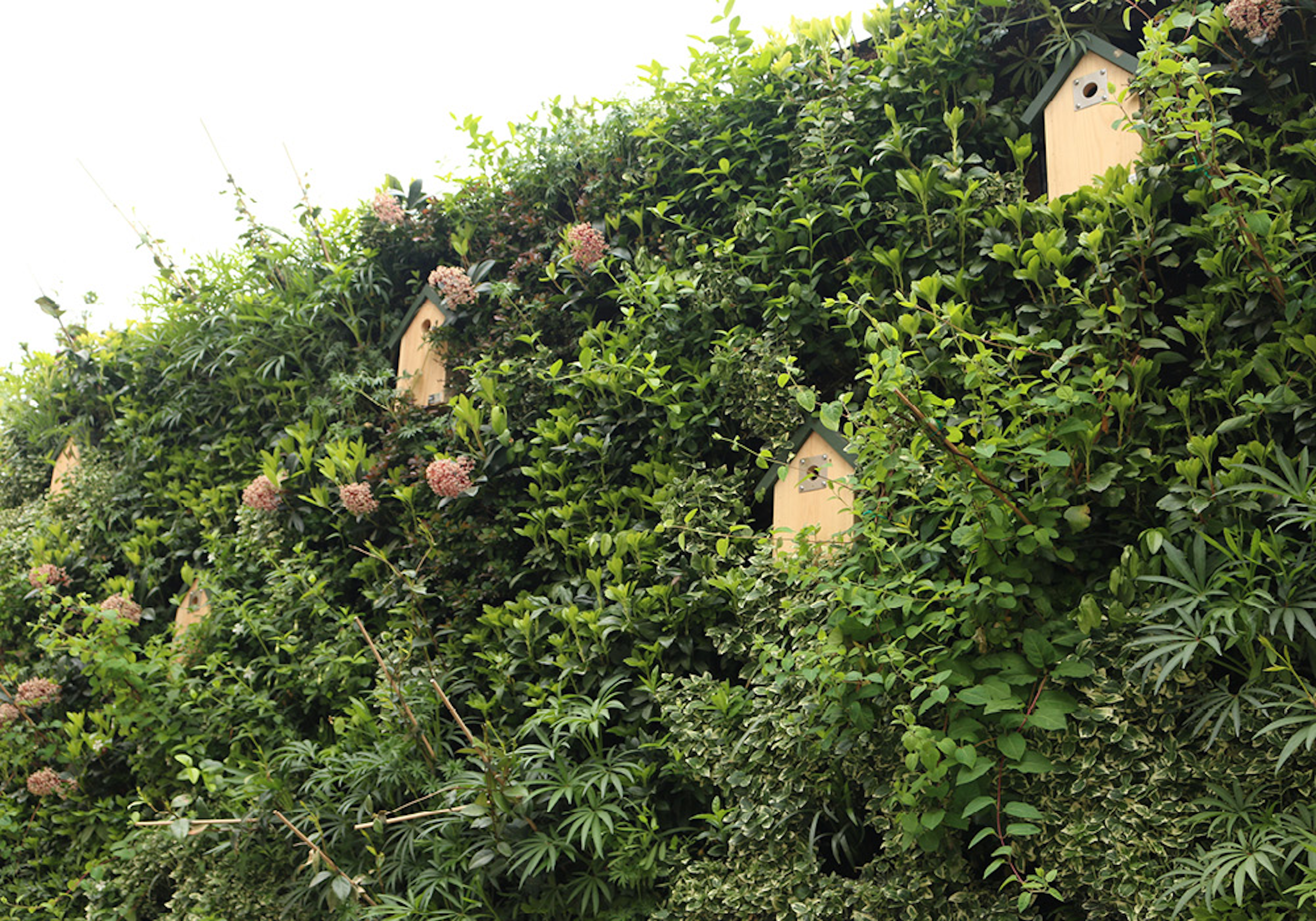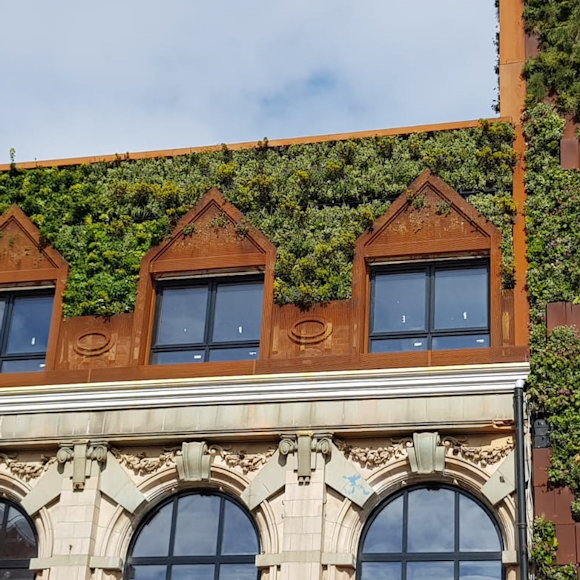This statement by Professor David MacDonald at Oxford University is certainly an arresting one, and it’s true that biodiversity is essential to our way of life on earth. Biodiversity is vital on both a micro and macro level, for everything from the health of our local communities to the stability of the planet as a whole. It’s one of the most complex systems on earth, but it’s essential to preserve our ecosystems, sustain lifeforms and ensure there’s enough food for the planet.
The term was first coined in 1985 as a contraction of ‘biological diversity’ and put simply, it refers to the vast variety of all life on earth, from animal species to plants, habitats and food sources, and how all these elements interact in all their forms.
It also covers the diverse range of ecosystems on earth, such as deserts, rainforests, grass plains and coral reefs.
Biodiversity is essential to boost ecosystem productivity, and every lifeform has a role to play, no matter how small. Biodiversity has many important functions, such as:
- Providing a greater variety of crops via a large number of plant species
- Increasing natural sustainability through greater species diversity
- Ensuring healthy ecosystems that are better protected against disasters
- Increased protection against climate change
- Improved health and wellbeing of communities.
As you can see, biodiversity is essential for the health of the planet, but many of these benefits start from our smaller, local communities. Biodiversity is important at every level and there’s plenty you can do to improve the urban biodiversity in your local area.
Environmental education plays a vital role when it comes to increasing biodiversity, so get younger generations involved with activities such as planting vegetables, making an insect house or starting a compost heap.

In 2012 alone, the US population used 14 million pounds of insecticides on their lawns and gardens. There are many detrimental impacts from using too many chemical products, including a reduced bee population, and contamination of the surrounding soil and water. Reducing the use of chemical fertilizers and pesticides can make a significant difference to your local ecosystem.

Bugs play a critical role in supporting our local ecosystems, so encourage insects into your gardens and green spaces by building a pond, reducing the use of chemicals, creating a range of habitats or composting waste.

A 2019 report issued by the UN listed ‘invasive species’ as one of five key causes of biodiversity loss. These invasive plants or shrubs can spread quickly and unexpectedly and deplete resources that are needed for local species. Counteract the spread by planting plants, trees and shrubs that are native to the local area.

We’re committed to increasing biodiversity by creating greener, cleaner and healthier spaces for future generations. For an introduction to our work and the Viritopia Living Wall System, click here to find out more.


